There are approximately one million lesbian, gay, bisexual, transgender, queer/or questioning (LGBTQ) Veterans in the U.S. Many receive some or all of their health care at a VA medical facility. Many of these Veterans spent years or lifetimes in the shadows.
VA North Texas Health Care System is committed to serving the needs of and developing culturally competent, patient-centered care for its LGBTQ population.
“VA Core Values help establish an expectation that VA will promote and provide Veterans, including LGBTQ Veterans, with the best care available,” said Dr. Christopher Holland-deguire, VA North Texas LGBTQ Veteran Care Coordinator (VCC).
“Unfortunately, some LGBTQ Veterans expect to experience some sort of discrimination in VA medical facilities and we are working to change that,” he added.
VA, through changes in policy and the application of high-quality health care delivered in a sensitive and respectful environment, is working on being the national leader in health care for LGBTQ Veterans.
LGBTQ Veteran population largely invisible
“The LGBTQ Veteran population is largely invisible. They have been for a long time because their military culture was don’t ask, don’t tell. Now those Veterans are coming into VA. They’re wanting good clinical care but they’re still not comfortable talking about it,” Holland-deguire continued.
Pictured above, Holland-deguire coordinates a training schedule in his Dallas VA Medical Center office.
In December 2020, Holland-deguire’s team embedded a member of its Sexual Orientation and Gender Diversity Committee in the facility’s Disruptive Behavior Committee. Holland-deguire says this helps identify when stereotyping, harassment or discrimination is happening due to someone’s sexual orientation or gender expression.
“We are the biggest VA health care system. With 134,000 patients, we have a few who might not personally agree with everything we have going on,”Holland-deguire said. “We work with the Disruptive Behavior Committee to get our LGBTQ Veterans and employees the help and support they might need should they be stereotyped, harassed, or discriminated against because of their sexual orientation or gender expression.”
Goal: Streamlined, comfortable experience
One of Holland-deguire’s goals for Veterans – regardless of sexual orientation, gender expression or any other form of minority status – is to have a streamlined and comfortable experience in finding the care they need.
And it’s not just LGBTQ Veterans. It’s also LGBTQ employees. VA North Texas wants these Veterans to be comfortable being themselves and to speak up if discrimination is a reality.
Training and awareness are a significant part of the plan.
“We’re training our staff in LGBTQ care and pronoun use,” Holland-deguire said. “Once they finish training, we give them a rainbow pin that says, ‘VA serves all who serve.’
“It represents that this is a safe person to talk to.”
VA North Texas is committed to ensuring Veterans who identify as LGBTQ will be treated with dignity and compassion. They receive the respect they’ve earned and deserve as individuals, both inside the walls of their facilities and in the communities where they live, work and educate.
“We really want our LGBTQ Veterans to ask and to tell,” said Dr. Holland-deguire.
Jesus Flores is a public affairs specialist for the VA North Texas Health Care System.
Topics in this story
More Stories
One strategy credited for the improvement is a focus on building trust and stronger patient-provider relationships.
Army and Marine Corps Veteran started making models after being hospitalized at Connecticut VA.
Veteran Hank Ebert is a bit of a superstar in the National Veterans Wheelchair Games. He has been attending since 1993.

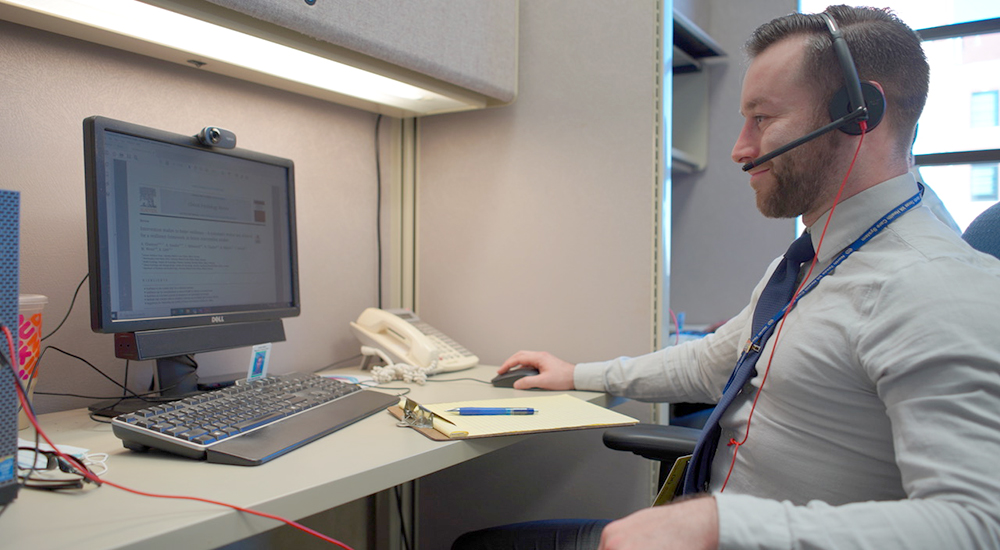
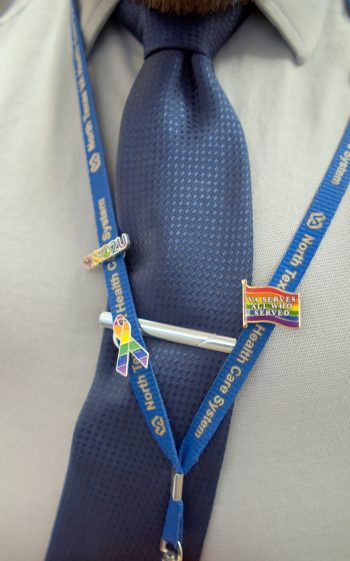
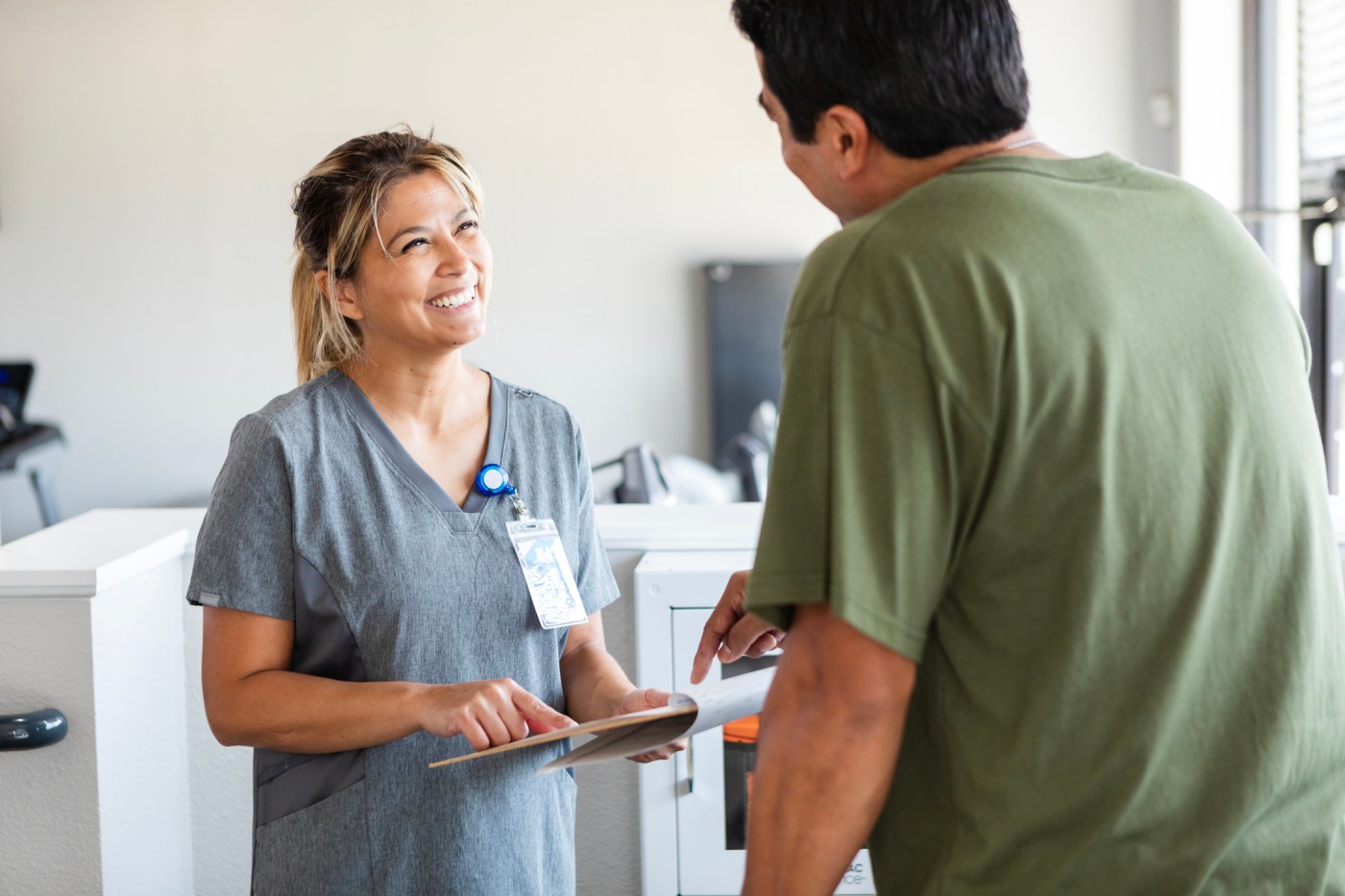
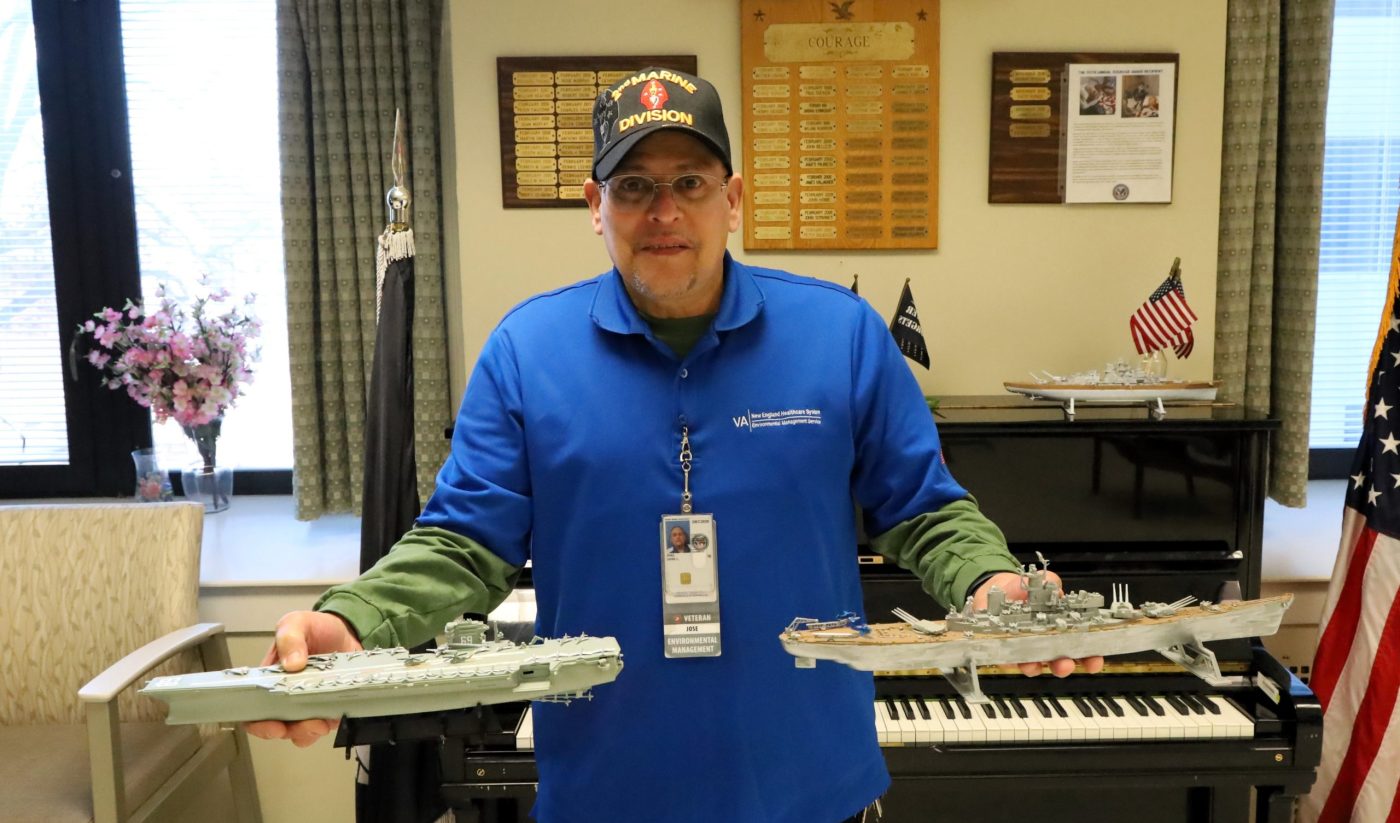
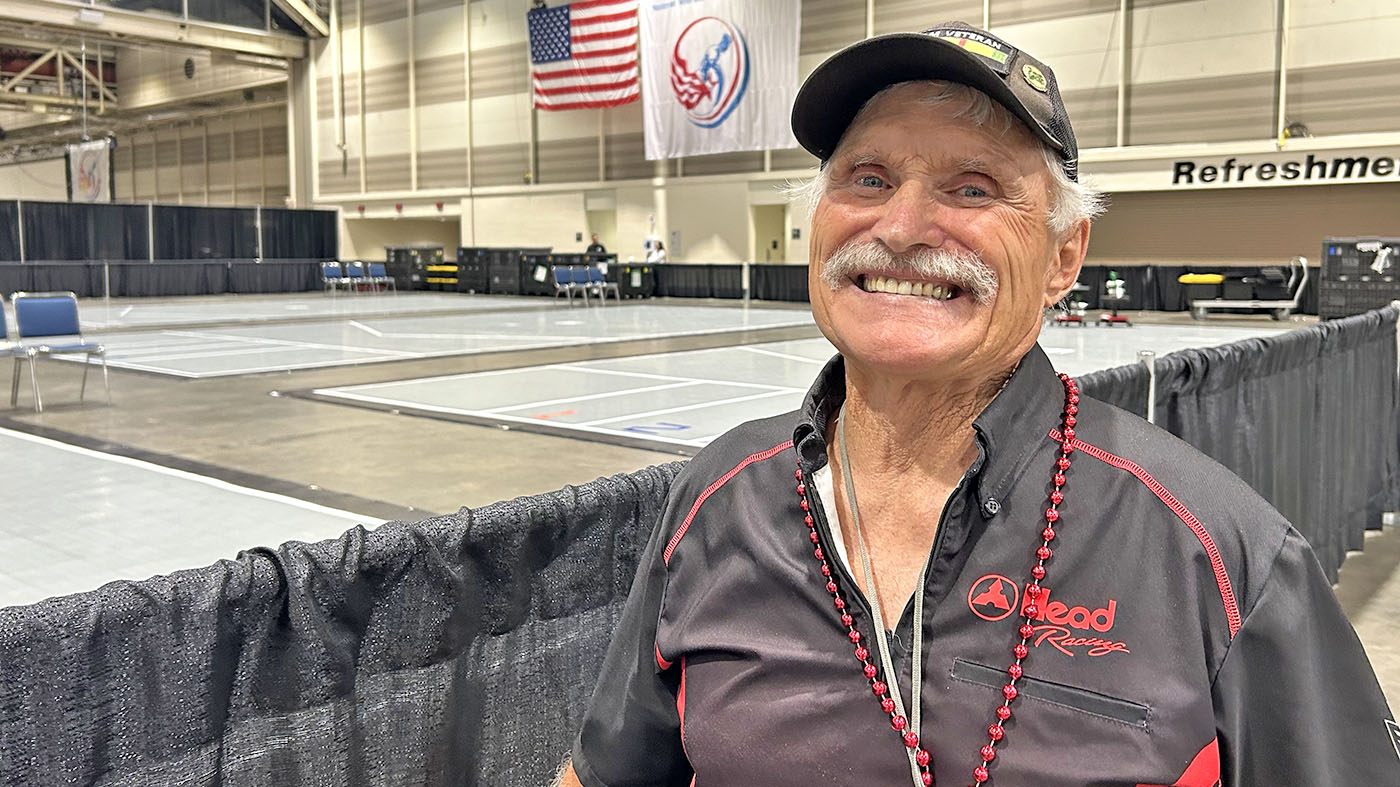


Many LGBTQ Veterans experienced spiritual harm from both military and civilian religious institutions (and many still do). LGBTQ Veterans have learned to put a lid on their very existence and have internalized the homophobia from hurtful messages received from pulpits and commanders. Spiritual recovery is a large part of an LGBTQ Veteran’s acceptance to self, and when this happens, they can begin to ask- out loud – for the quality health care they deserve. In a tragic sense, don’t ask, don’t tell often spills into a Veteran’s life even years after discharge from the military. As a VA Chaplain, I help LGBTQ Veterans grapple with the spiritual struggle brought on by harmful religious messaging upheld by discriminatory military regulations. For me, The Divine Spirit knows I’m gay because I was made that way, loved and accepted just the way I am. This is a spiritual message worth embracing.
Very important work you are doing. I’m out everywhere except my work department. If you visit VA North Texas EMS department, I won’t be shy.